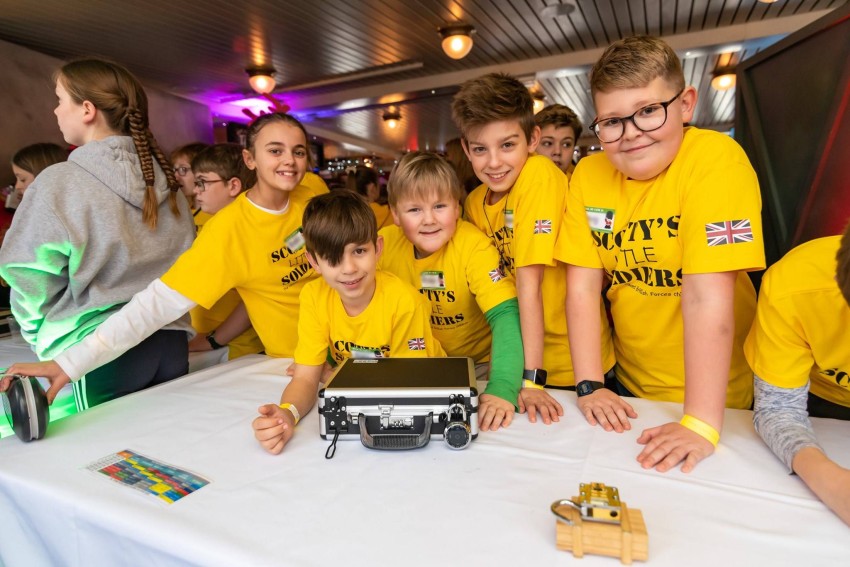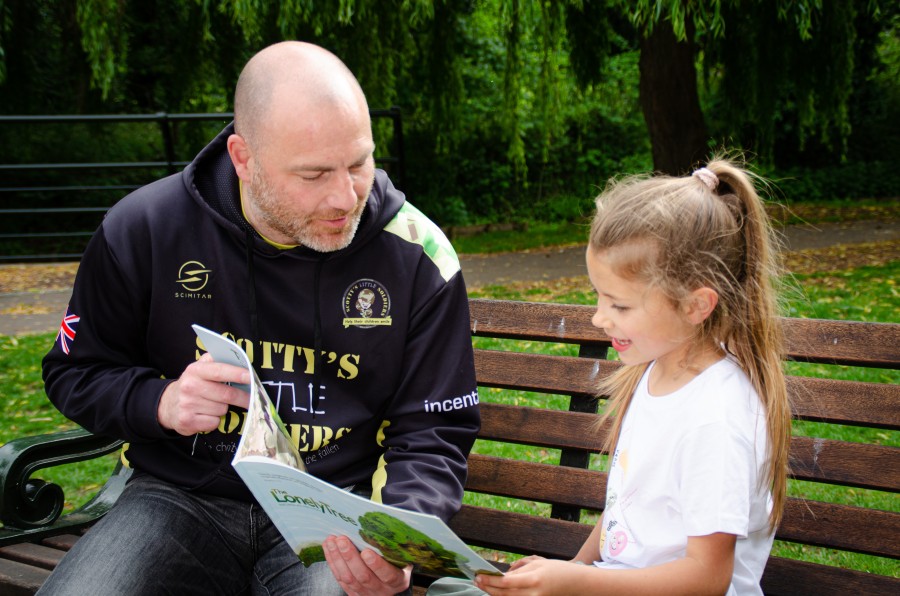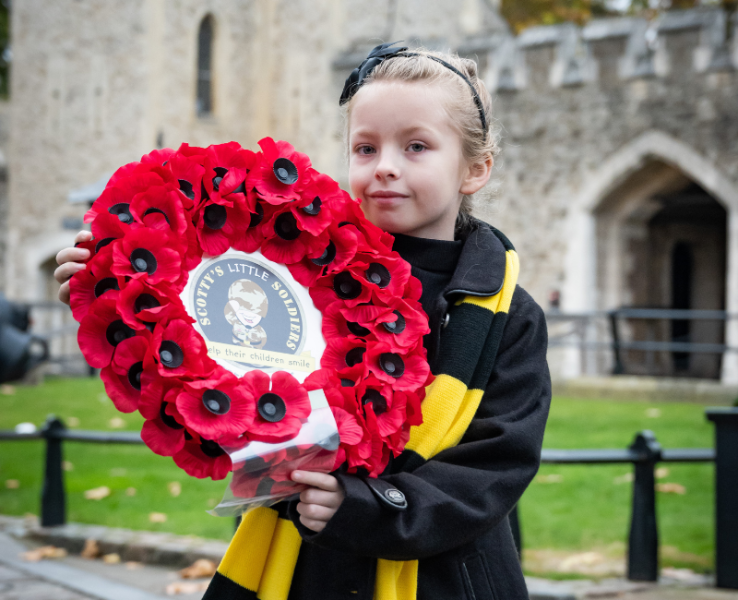The impact of childhood displacement on bereaved military children
When a child experiences the death of a parent in the British Armed Forces, they are sent on a journey of grief that will continue to deeply impact upon them for the rest of their life. For some bereaved military children, their grief is heightened by yet another challenge: childhood displacement.
Childhood displacement is a term used to describe the events that occur when a child is forced to leave the social setting and culture they have grown up in. In the case of bereaved military children whose parent has died in service, this often means having to leave the military quarters where they lived, moving to a new place where they don’t know anyone or have any friends, and changing schools – often going somewhere in which there is no military community or presence.
In this article, we will look at some of the main ways this sudden shift can impact military children who have experienced the death of a parent – from feelings of isolation to their educational attainment and general wellbeing – and discuss how parents / carers can provide support.
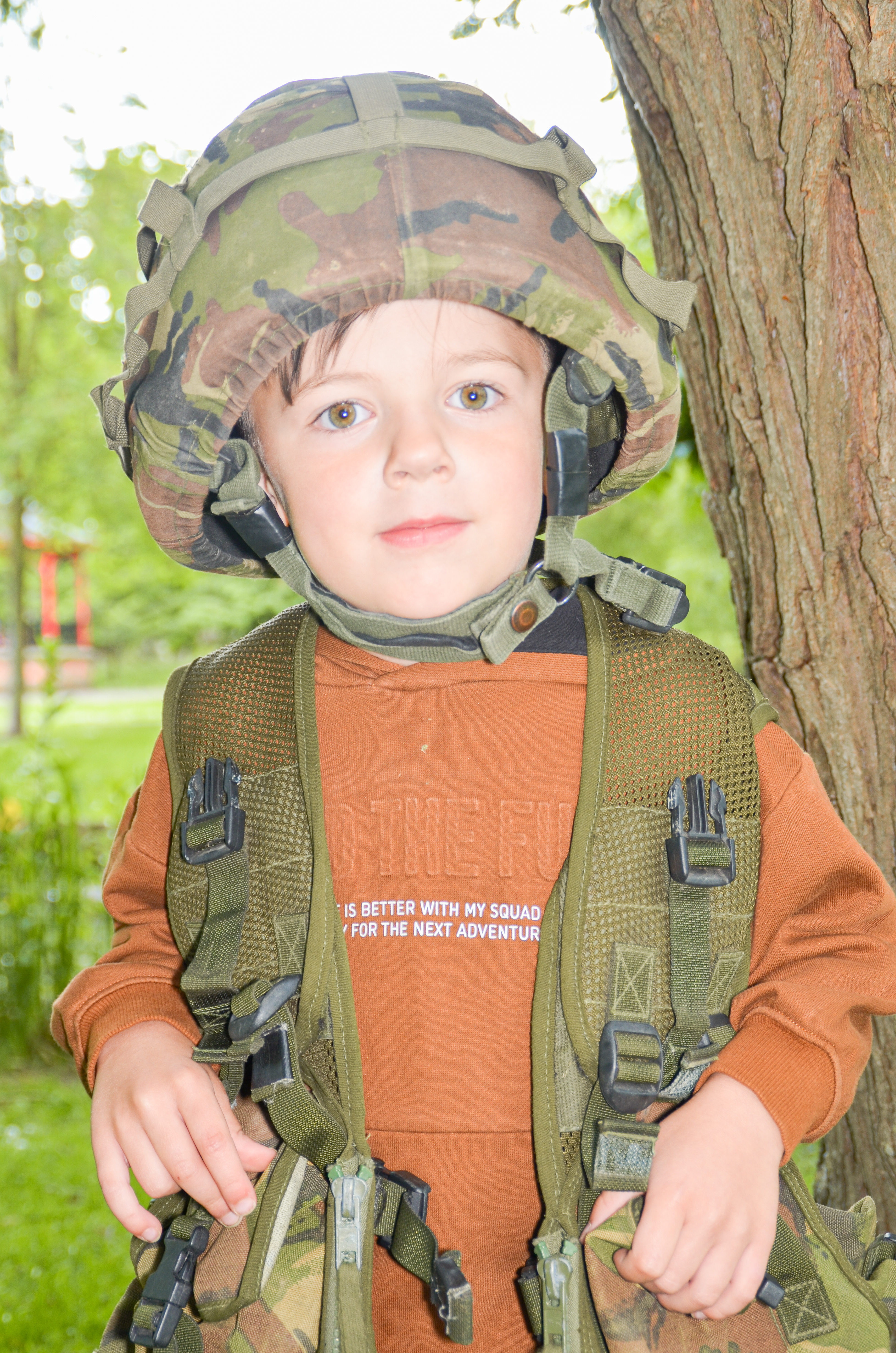
Moving Away from a Military Community
For many displaced military children, the first and most obvious change they will face is moving to a new house in a new place. Leaving the military community they have grown up in can make bereaved children and young people feel more confused and isolated, especially if they are used to being around lots of other military children who have all grown up in similar circumstances to them. They may feel like they don’t fit it, or that no one will be able to understand them or what they’ve experienced.
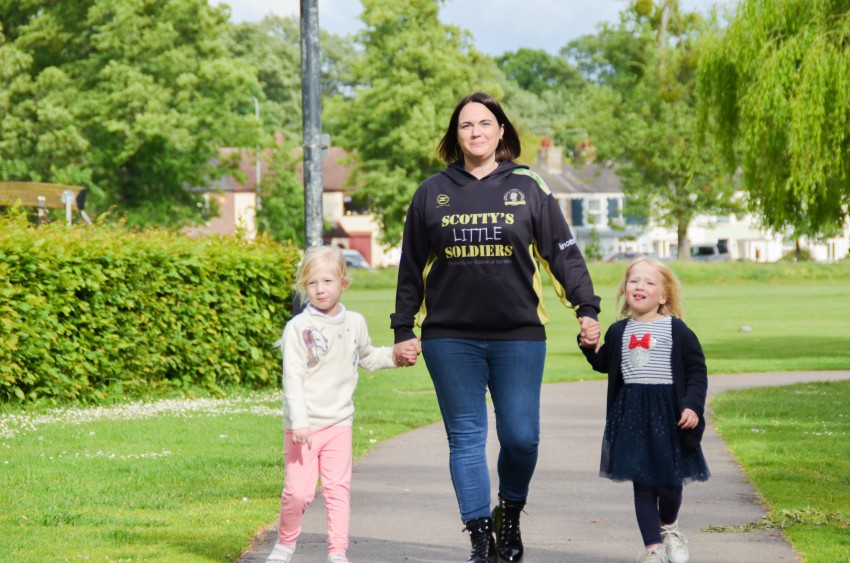
How parents/carers can support children leaving a military community
- Involve your child in the moving process as much as possible. Let them have a say in choosing their new home, packing their belongings and decorating their new room. This can help them feel more in control and less anxious about the upcoming change.
- Maintain a sense of stability by keeping the same routines and traditions. This can help your child feel more secure and grounded in their new environment.
- Acknowledge your child’s feelings about the move, listen to their concerns and try to address them as best you can. Don't dismiss their emotions or force them to be positive or cheerful.
- Encourage your child to join clubs and take part in group activities near their new home, meeting and making new friends with other children their age.
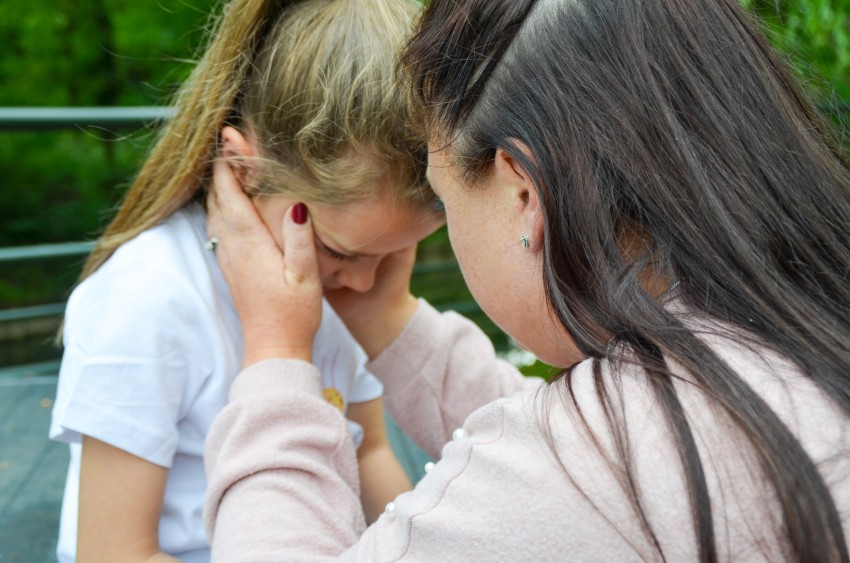
How Childhood Displacement Affects Education
Moving to a new school, especially in the middle of a term or year, can make it difficult for bereaved military children to keep up with their learning and their classmates. They may have to deal with different rules and different expectations than those they are used to, in addition to new teachers who may not understand exactly what it means to be a military child. Additionally, following the death of their parent, it’s to be expected that their grief may impact their concentration and ability to focus. This, combined, with the upheaval of changing school, can lead to significant educational challenges.
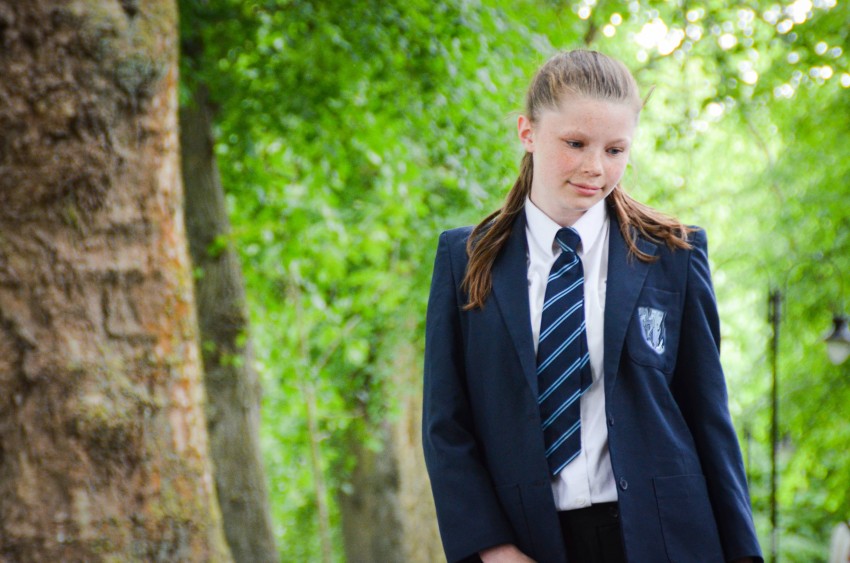
How parents/carers can support children's education
- Inform the new school about your child's situation and needs, keeping in regular contact with the teachers and staff to monitor their progress. Some schools may also be able to offer a key worker trained in childhood bereavement to help with the transition.
- Encourage your child to talk openly about their feelings and concerns about their new school and offer support where you can.
- If your child feels they are falling behind, let the school know and ask for extra support.
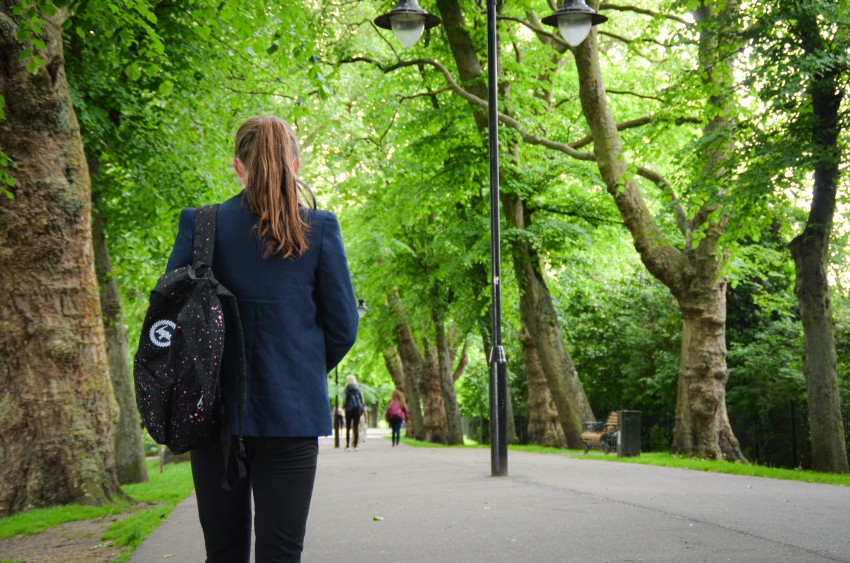
How Childhood Displacement Affects Social Life
Moving to a new place means military children must leave behind old friends, teachers, neighbours, and the general military community who knew them and shared their experiences. It also means having to adjust to a new social environment, where they may feel like outsiders or have trouble fitting in. This can result in feelings of isolation and can create misunderstandings between them and their peers who are not familiar with their military experience.
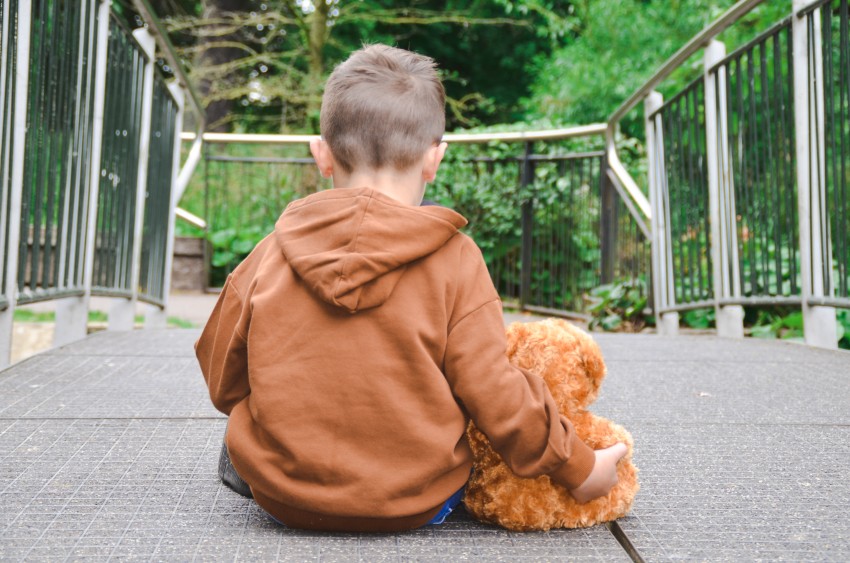
How parents/carers can support children's social life
- Acknowledge and validate the emotions your child is facing in leaving behind their old friends and surroundings.
- Encourage your child to stay in touch with their old friends through phone calls, text messages, social media or by writing letters.
- Encourage your child to join extra-curricular clubs where they are likely to meet and make friends with other young people who share their interests.
- Help them find positive ways to spend their alone time, such as writing, drawing, playing music, or doing physical activities. These can help release stress and focus their energy while they build a new friendship group.
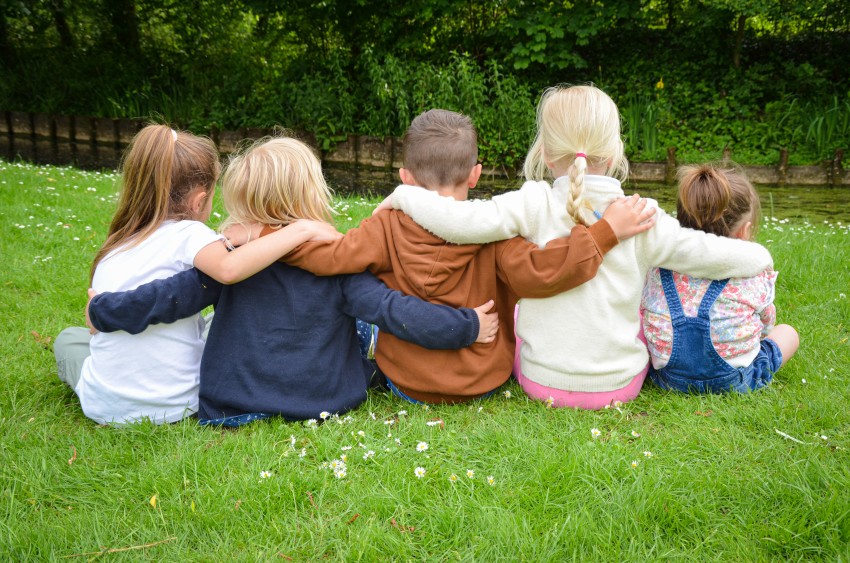
About Scotty’s
Scotty’s Little Soldiers is a military charity dedicated to supporting children and young people (0 to 25 years) who have experienced the death of a parent who served in the British Armed Forces.
Inspired by the experience of Army widow Nikki Scott, following the death of her husband Corporal Lee Scott in Afghanistan in 2009, the charity, which was set up in 2010, provides support and guidance to hundreds of bereaved military children and young people throughout their childhood.
Scotty’s currently supports over 650 bereaved children and young people. Services offered include access to child bereavement support, guidance to parents and carers, personal education and learning assistance (including grants), and fun activities such as holiday respite breaks and group events. These are all designed to remind the children and young people supported by Scotty’s that they are not alone.
If you know a child or young person who has experienced the death of a parent who served in the British Armed Forces, they could be eligible for specialist bereavement support from Scotty's Little Soldiers. Hundreds of bereaved military children aren’t getting the support they need but we are here to help.
If you know a bereaved military child who could benefit from Scotty’s Little Soldiers support, visit our Get Support page for more information.
